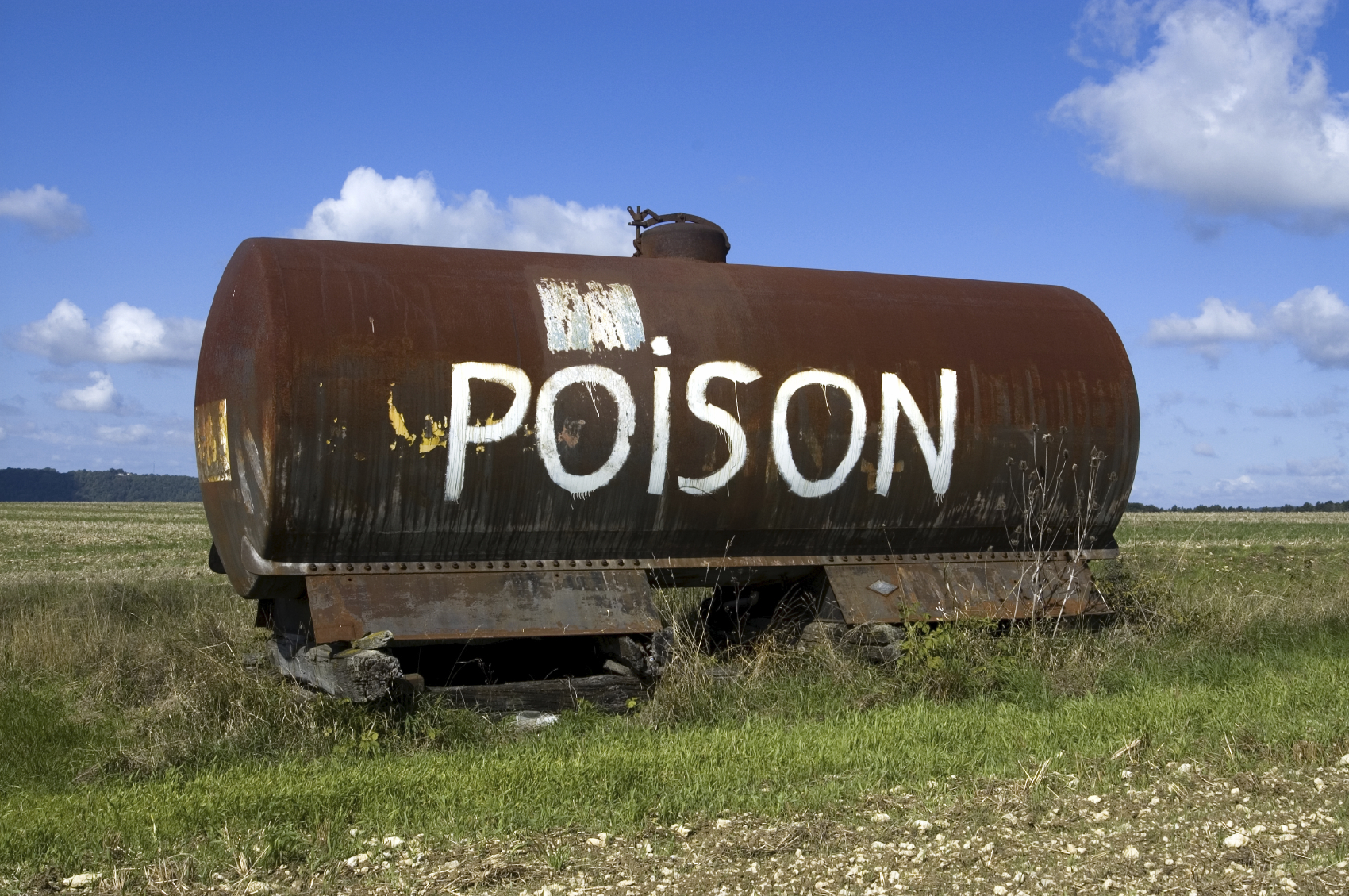National Institutes of Health study links dicamba to increased cancer risks

By Surya Zeeb
Published: June 2, 2020
Category: Pesticide Hazards, The Organic & Non-GMO Report Newsletter
The drift-prone pesticide dicamba, designed for GM cotton and soybeans, has been sprayed over millions of acres in the South and Midwest in the past three years.
A study conducted by the National Institutes of Health found that dicamba use could increase risk of liver and bile duct cancer, acute and chronic lymphocyte leukemia, and mantel cell lymphoma.
The International Journal of Epidemiologypublished the study, which tracked 50,000 pesticide applicators in North Carolina and Iowa for over 20 years.
“This sweeping study exposes the terrible human cost of the EPA’s reckless decision to expand the use of dicamba,” said Nathan Donley of the Center for Biological Diversity. “For the EPA to approve widespread use of this poison across much of the country without assuring its safety to people and the environment is an absolute indictment of the agency’s persistent practice of rubber-stamping dangerous pesticides.”
The Environmental Protection Agency green-lighted dicamba in 2016 without analyzing cancer risk, then reapproved it in 2018 despite thousands of complaints of destroyed crops, trees, and gardens due to dicamba drift. The chemical awaits re-approval at the end of 2020; the Family Farm Coalition, Pesticide Action Network, Center for Food Safety, and Center for Biological Diversity have brought a legal challenge to the approval.
Dicamba can also harm the endangered monarch butterfly, by killing the plants it subsists on.
Source: Center for Biological Diversity
To view full article, visit:




